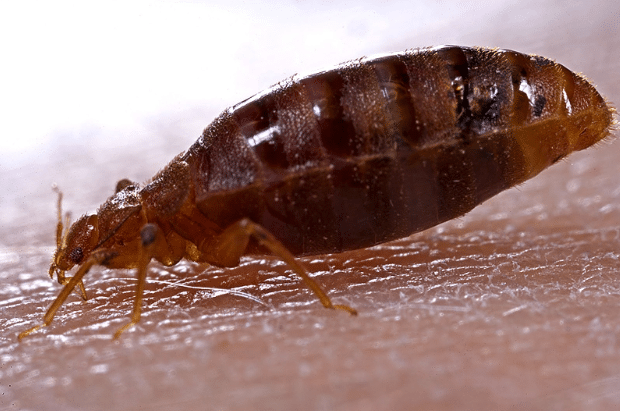Your Cart is Empty
Free Shipping on Orders Over $40
Free Shipping on Orders Over $40
Free Shipping on Orders Over $40
A bed bug’s life span is affected by many different factors including: temperature, humidity, food availability, and genetics. In ideal conditions in a laboratory, bed bugs typically live for 6-12 months, with some living beyond the year mark. In the harsh conditions of the real world, however, they do not usually live that long, with 4-6 months being common estimates. Finding adequate blood meals, avoiding predators (spiders, roaches, centipedes, etc.), and adapting to the environment are all difficulties that bed bugs face. If the bed bug survives to adulthood, it will reproduce and add to the infestation.

Reaching maturity and being able to reproduce can happen in just over a month. After bed bug eggs are laid, it will take anywhere from 6-17 days for the eggs to hatch. The young bed bugs are called nymphs. The nymphs must go through 5 different molts (instars) before they are considered adults. In perfect conditions, the process from egg to adult can happen in as little as 37 days. This is why infestations can grow so rapidly. Temperature is one of the biggest factors that determines development and lifespan. Bed bugs will remain active in temperatures between 57-97 degrees Fahrenheit, but they tend to develop faster when temperatures are on the warmer end of that spread. When temperatures drop below the desired range, bed bugs will go into a state of inactivity, but will not die. It takes extremely cold or hot temperatures to kill bed bugs.
Bed bugs feed exclusively on blood and need it to molt and to produce eggs. Unfortunately, bed bugs have adapted to be able to go a long time without feeding if necessary. While they will normally feed around twice a week, it has been observed in laboratories that bed bugs can go up to a year without feeding. This is an extreme example, however, and typical times of survival between meals usually ranges from a few weeks to a few months depending on the conditions.